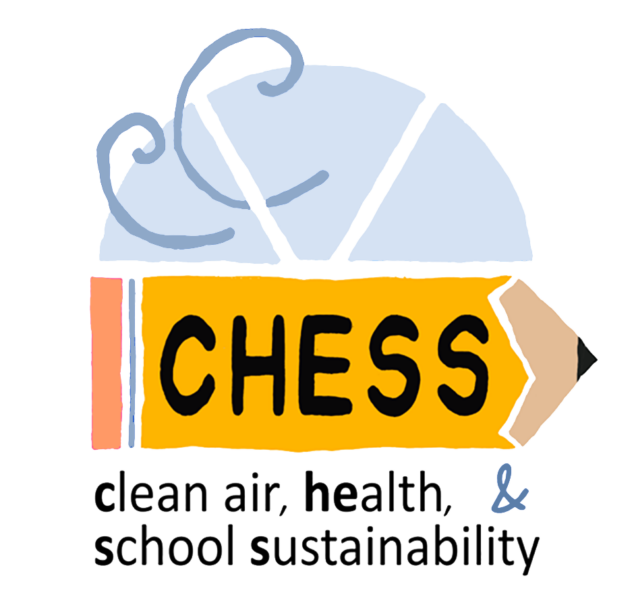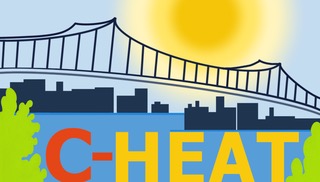Active Projects
Community Adaptations to City Heat
(Learn more here)
The CATCH Project is focused on making the health impacts of extreme heat visible health in frontline communities, working with collaborators in Boston, Phoenix, and New Orleans. The transdisciplinary team includes researchers from Boston University, and partners from Dialogue Earth, A Better City, Iseechange, and the three cities. In this Wellcome Foundation funded project, we are working to:
- Raise visibility of the adverse impacts of extreme temperatures on health
- Deliver tools for decision makers to quantify extreme heat impacts on health, and
- Create pathways to connect siloed policies to improve heat related exposure and health impacts in frontline communities
(Learn more here)
Schools have many competing interests to keep their buildings operational and healthy for students and staff, including maintaining thermal comfort, good indoor air quality (IAQ), and minimizing energy consumption. Many schools have increased indoor environmental monitoring (IEQ) in their buildings but are challenged with how to communicate data transparently while balancing IEQ, climate, and sustainability goals. This project is a collaboration with Boston Public Schools, funded in 2022 by an Early Stage Urban Research Award from Initiative on Cities at Boston University (BU) and an Established Investigator Innovation Award from BU School of Public Health. Currently we are co-developing an Air Pollution/Wildfire Smoke Action Plan with Boston Public Schools, funded by a Community Clean Air Grant from the city of Boston.

(Learn more here)
Massachusetts has invested significantly in clean energy and climate solutions to achieve Net Zero greenhouse gas emissions in 2050. Launched in 2024, the three-year Clean Energy and Environment Legacy Transition (CELT) Initiative will advance an equitable energy transition in Massachusetts, empower communities, and train the next generation of climate leaders. The Healey-Driscoll Administration, UMass Lowell, and the Boston University Institute for Global Sustainability collaborate on CELT.
Past Projects
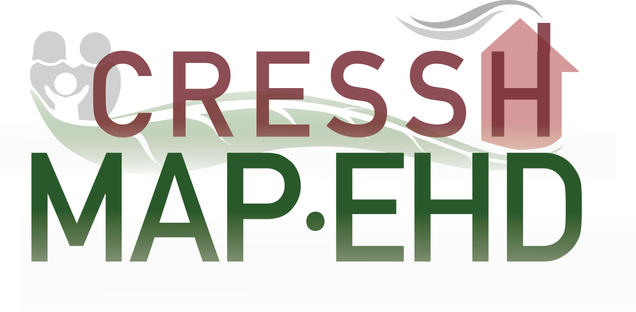 Center for Research on Environmental and Social Stressors in Housing Across the Life Course
Center for Research on Environmental and Social Stressors in Housing Across the Life Course
Our goal is to understand how simultaneous exposures to chemical and non-chemical stressors and social determinants of health lead to environmental health disparities at varying stages of life. The center was funded by NIH/NIMHD and EPA (Directors: Levy & Laden). Ending in 2022, CRESSH data and analyses continue to inform disparities analyses related to COVID-19 transmission and other projects in Massachusetts. Activities conducted under the center included:
- Creating geospatial databases of social and environmental determinants of health to characterize environmental health disparities related to air pollution, housing and health (https://arcg.is/14HHyu)
- Informing environment epidemiology models of air pollution exposure and birth and mortality outcomes
- Building community specific cumulative health risk models using synthetic population micro-data and environmental epidemiology models
- Mapping vulnerability and transmission patterns of Covid-19 across Massachusetts (https://arcg.is/1Oaej4)
Learn more at CRESSH.org
Chelsea and East Boston Heat Study
(Learn more here)
Extreme heat events can be hazardous for health, particularly in vulnerable populations. Our goal is to build the capacity for Chelsea Creek communities to respond to extreme heat events through community engaged research in Chelsea and East Boston, Massachusetts. We are funded by Barr Foundation (PIs: Fabian & Scammell) to:
- Engage the community to learn about heat risks and adaptation
- Measure personal exposure to extreme temperature as well as indoors and outdoors
- Support decision makers at the city and community level through mapping of vulnerabilities and assets
Boston Cools Project
(Learn more here)
The B-COOL Project investigates pressing and actionable research questions on how the City of Boston and its partners can respond to extreme heat risks in the city. The project launched in 2024 as a multi-sector collaboration between Boston University researchers, the City of Boston Office of Climate Resilience, and A Better City, with funding from The Boston Foundation. In the first year, the project answered the question of how the current city-declared early heat warning system appropriately protects residents in urban heat island neighborhoods by placing 15 ambient temperature monitors across the city. Since then, B-COOL researchers have investigated the impact of shade structures on heat stress in public spaces, heat exposures in early childhood education centers and more.
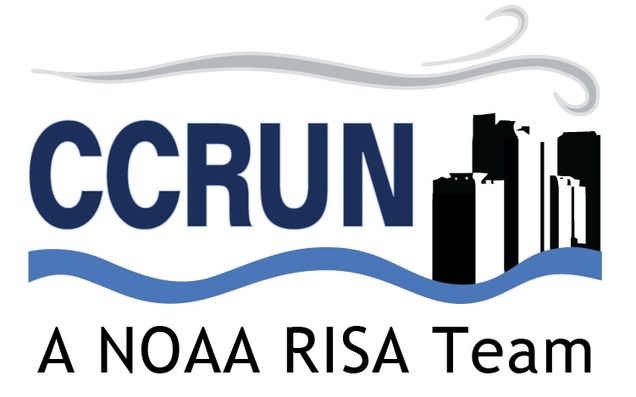
(Learn more here)
The Consortium for Climate Risk in the Urban Northeast (CCRUN) is a NOAA funded Regional Integrated Sciences and Assessments (RISA) Project (PI: Horton @Columbia, co-PI: Fabian). CCRUN’s serves stakeholder needs in the Northeast by assessing and managing risks from climate variability and change with a focus on urban settings. CCRUN conducts stakeholder-driven research that reduces climate-related vulnerability and advances opportunities for adaptation in the urban Northeast.
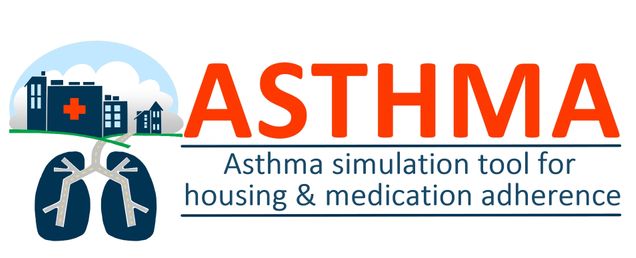
Multiple factors contribute to asthma exacerbations, including exposure to environmental contaminants, housing conditions, medication underuse, psychosocial stress related to socioeconomic conditions, as well as exposure to neighborhood contextual factors. Interventions targeting reductions in asthma outcomes often affect multiple exposures or stressors with complex feedback loops which can only be understood and quantified using systems science models. In this NIEHS funded project (PI: Fabian) we are:
- Evaluating the effects of indoor environmental exposures (PM2.5, NO2, mold), the built environment (e.g. housing, greenspace), and neighborhood characteristics on pediatric asthma exacerbations
- Creating environmental epidemiology models of lung function (FEV1%) and asthma outcomes in children with asthma
- Building asthma related computable phenotypes from Boston Medical Center electronic health records (EHR)
- Developing novel statistical methods to create research cohorts from EHR data
- Constructing housing templates to predict indoor air quality and energy use across an urban cohort of children
- Investigating the impact of climate and climate action plans on indoor air quality, energy use and asthma outcomes

